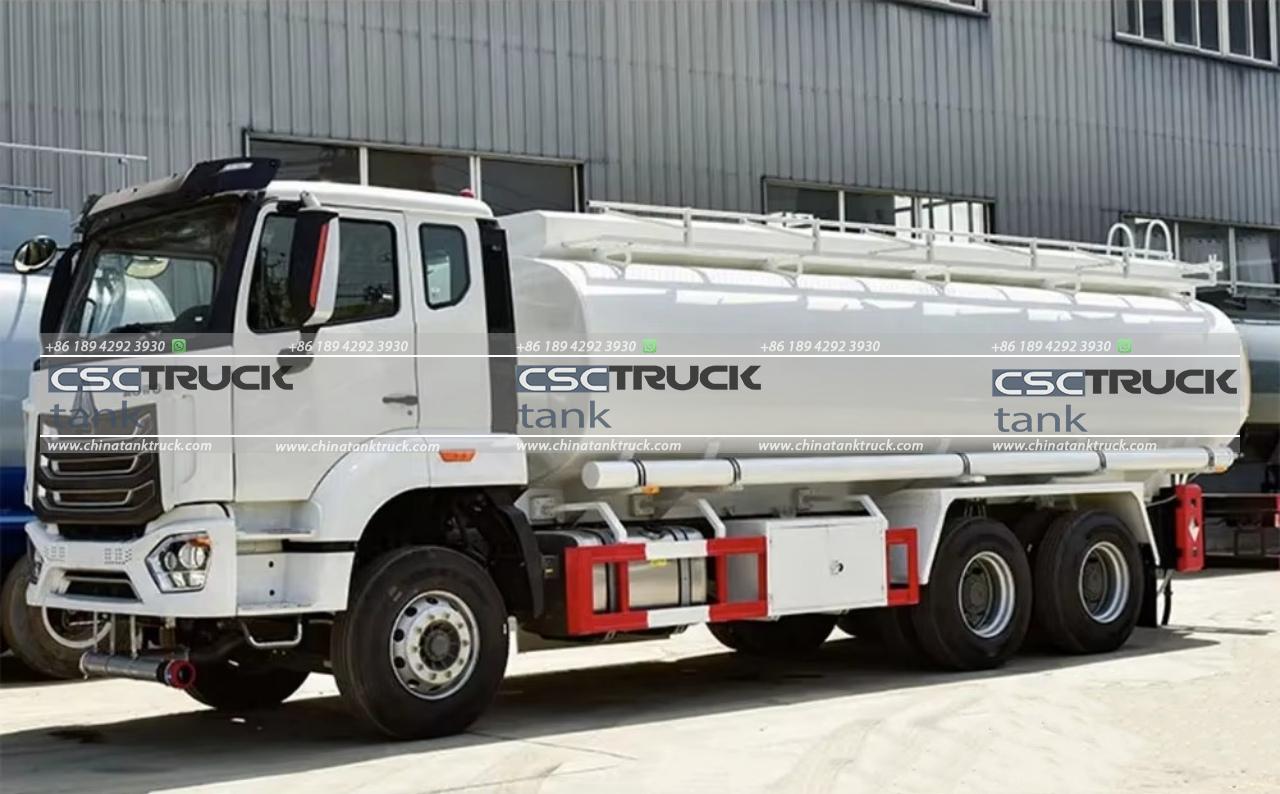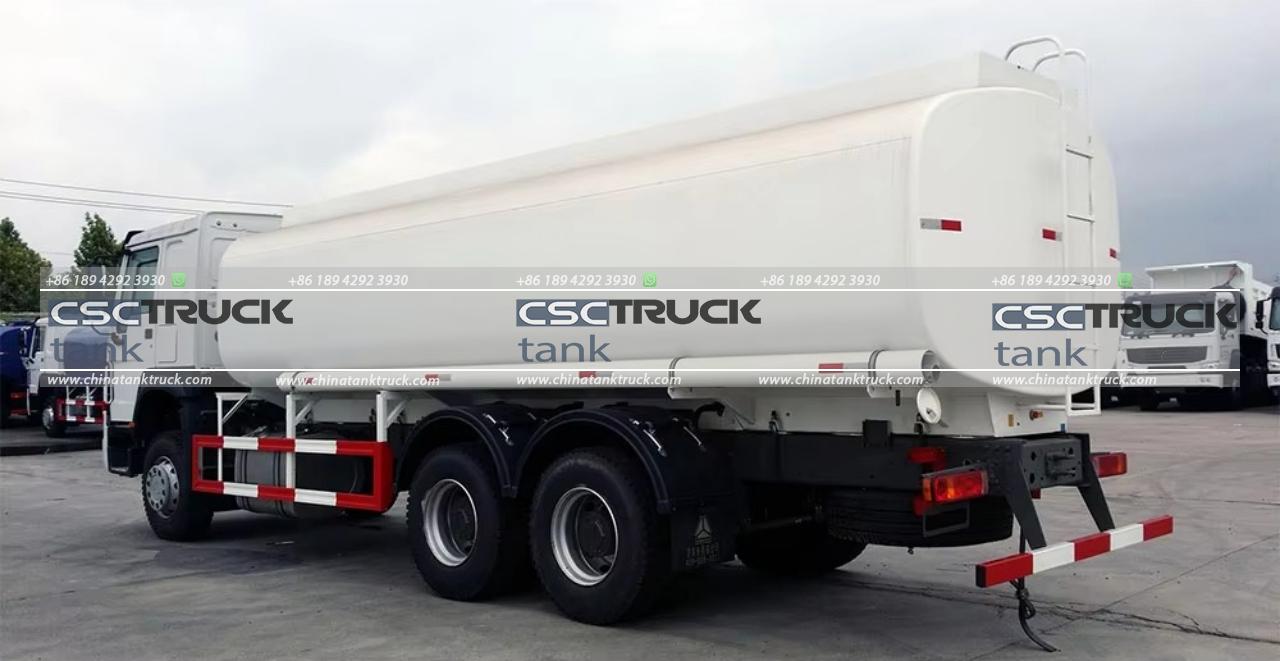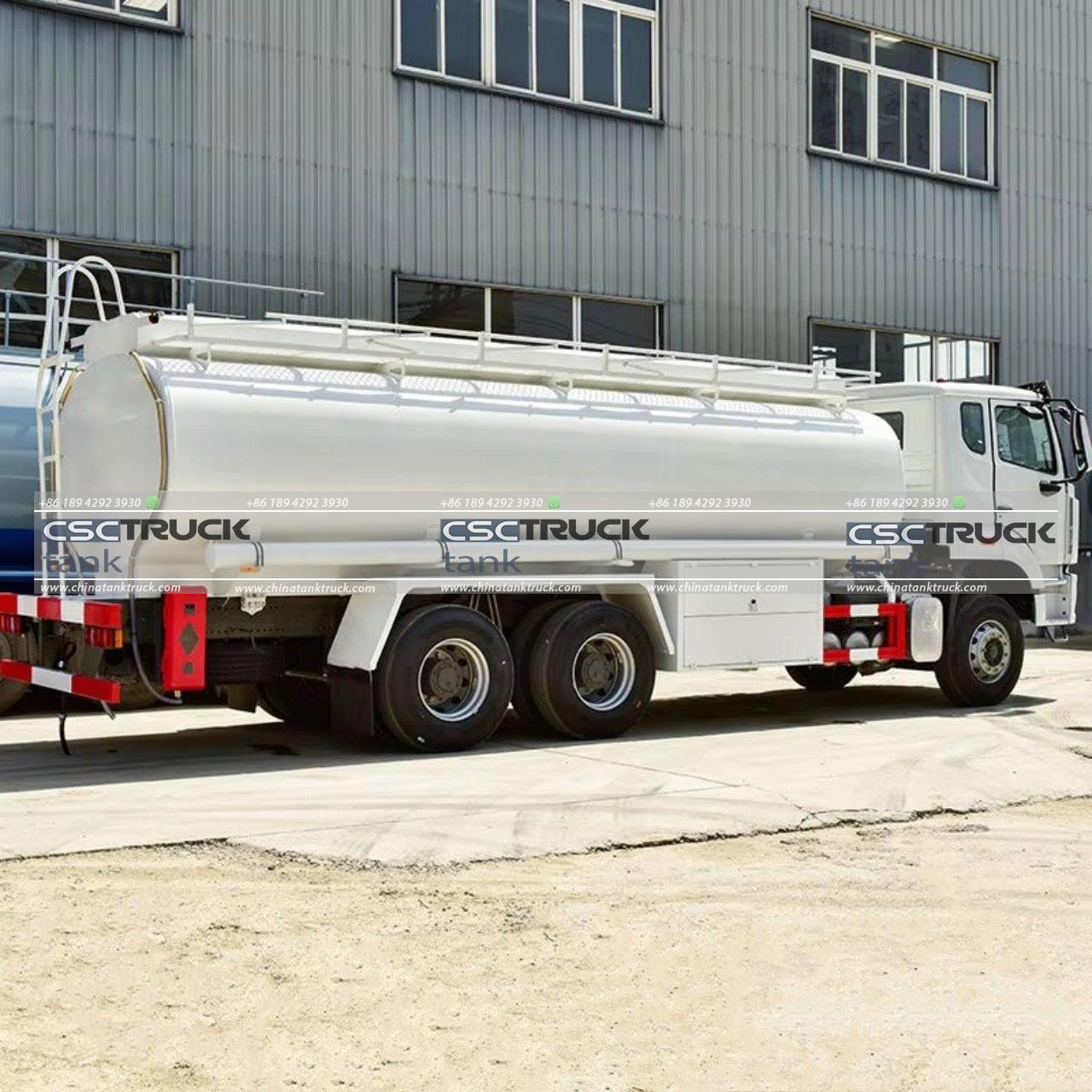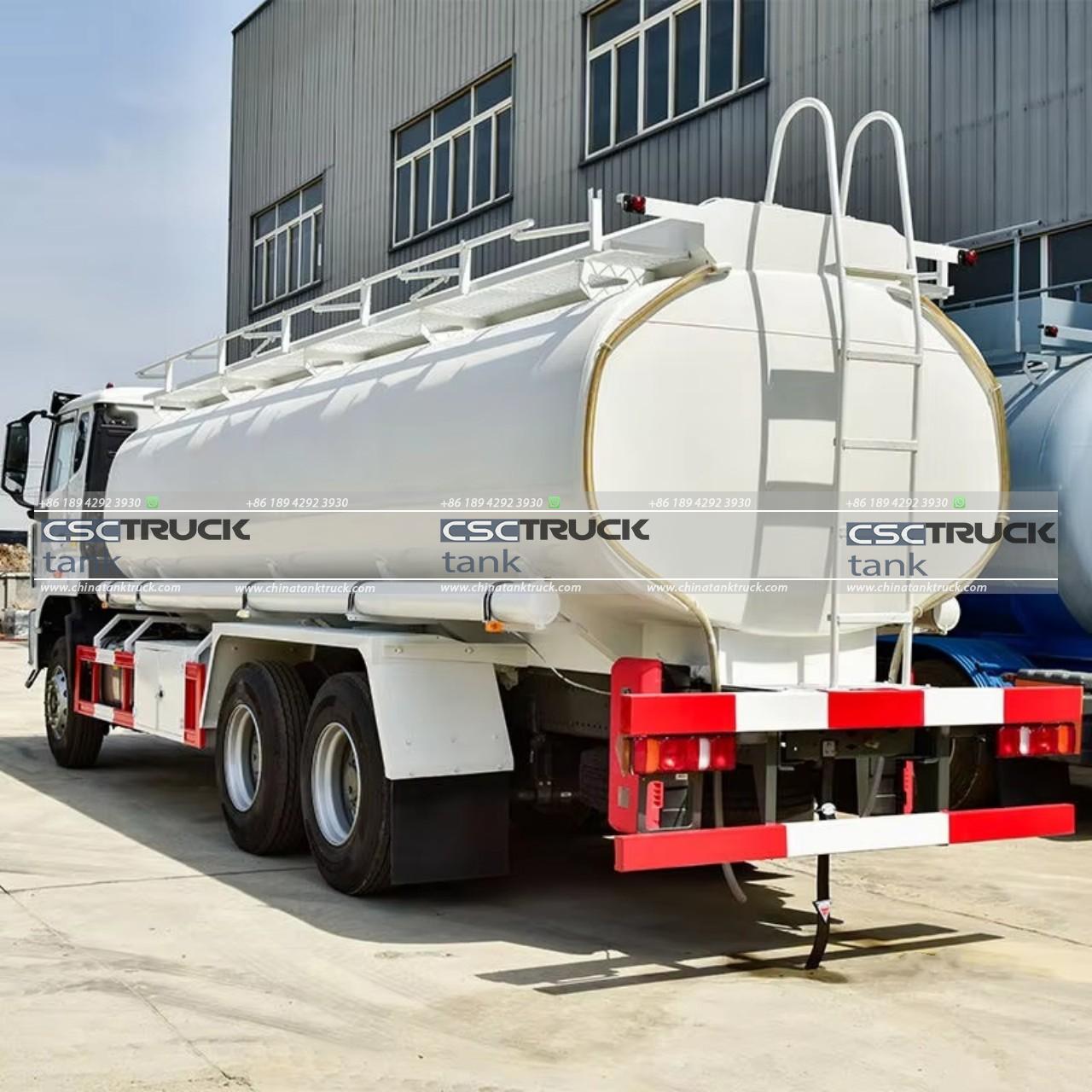What is the Fuel for Trucks?
Trucks play an essential role in modern logistics, hauling goods across vast distances to ensure timely delivery to consumers and businesses. However, the powerful engines that keep these heavy vehicles moving rely on specific fuel types designed to meet their demanding requirements. This article explores the various types of fuel used in trucks, from traditional diesel and gasoline to newer, alternative options like biodiesel, natural gas, and electricity. We’ll cover the benefits, drawbacks, and suitability of each fuel type, providing insight into how fuel choices impact truck performance, costs, and environmental impact.
1. Diesel: The Traditional Fuel for Trucks
Diesel fuel is by far the most common choice for commercial trucks due to its high energy density and efficiency in powering heavy-duty engines. Diesel engines are ideal for large vehicles, as they provide significant torque, which is essential for hauling heavy loads. In addition, diesel engines tend to be more fuel-efficient than gasoline engines, especially for long-haul trucking.
Advantages of Diesel Fuel for Trucks:
– High energy content: Diesel fuel packs more energy per gallon, making it well-suited for long distances and high-load operations.
– Efficiency in heavy-duty applications: Diesel engines generate more torque, which is crucial for heavy-duty tasks such as hauling heavy loads.
– Durability and longevity: Diesel engines typ Stringent emission standards in many regions have led to higher costs for diesel engines due to required technologies like selective catalytic reduction (SCR) and diesel particulate filters (DPFs).
– Cost fluctuations: Diesel prices can be volatile, impacting operating expenses for trucking companies.
Despite these drawbacks, diesel remains the fuel of choice for most heavy-duty trucks due to its efficiency, reliability, and performance. Recent advancements in diesel technology, such as cleaner-burning engines and better after-treatment systems, have reduced emissions and improved the environmental impact of diesel-powered trucks.

2. Gasoline: A Less Common Choice for Trucks
While diesel is the dominant fuel for trucks, gasoline is still used in some lighter trucks and commercial vehicles. Gasoline engines are generally lighter and less expensive than diesel engines, making them suitable for trucks that don’t require extreme hauling power.
Advantages of Gasoline for Trucks:
– Lower upfront cost: Gasoline engines are generally less expensive to produce and maintain, making them a viable choice for lighter trucks with moderate demands.
– Lower emissions: Although gasoline engines emit carbon dioxide (CO₂), they generally produce fewer nitrogen oxides and particulates than diesel engines.
Disadvantages of Gasoline:
– Lower fuel efficiency: Gasoline engines are typically less efficient than diesel engines, especially under heavy loads, which can increase fuel costs.
– Lower torque: Gasoline engines don’t produce as much torque as diesel engines, making them less effective for hauling heavy cargo over long distances.
Due to these limitations, gasoline is mainly used in smaller, lighter-duty trucks where fuel efficiency and high torque are less critical. Diesel remains preferable for most medium- and heavy-duty trucks, particularly for long-haul applications.
3. Biodiesel: A Renewable Diesel Alternative
Biodiesel, derived from renewable resources like vegetable oil, animal fats, or recycled restaurant grease, is an increasingly popular alternative to traditional diesel. It can be used in most diesel engines without modification, usually blended with conventional diesel fuel at varying ratios (e.g., B20 is 20% biodiesel, 80% diesel).
Advantages of Biodiesel:
– Reduced emissions: Biodiesel can reduce greenhouse gases and particulate emissions compared to petroleum-based diesel.
– Renewable resource: Since it’s derived from organic sources, biodiesel is renewable, reducing reliance on fossil fuels.
– Compatibility with existing infrastructure: Biodiesel can often be used in standard diesel engines and fuel systems, reducing the need for new technology.
Disadvantages of Biodiesel:
– Lower energy content: Biodiesel has slightly less energy than conventional diesel, resulting in a minor decrease in fuel efficiency.
– Cold weather performance: Biodiesel can gel in low temperatures, making it less suitable for cold climates unless properly blended.
– Availability and cost: Depending on location and availability, biodiesel can be more expensive than conventional diesel.
Despite these challenges, biodiesel remains a promising alternative for trucking fleets looking to reduce their carbon footprint without completely overhauling their engines or infrastructure.

4. Natural Gas: Compressed and Liquefied Options
Natural gas, available in both compressed (CNG) and liquefied (LNG) forms, is another alternative fuel for trucks. It has gained popularity in regions where natural gas is abundant and inexpensive, especially for fleets that prioritize environmental benefits.
Advantages of Natural Gas:
– Reduced emissions: Natural gas produces fewer greenhouse gases and pollutants than diesel, making it a cleaner-burning option.
– Cost savings: In some regions, natural gas is cheaper than diesel or gasoline, reducing fuel costs for fleets.
– Energy security: Natural gas is often domestically sourced, reducing reliance on imported oil.
Disadvantages of Natural Gas:
– Lower energy density: Natural gas has a lower energy content than diesel, so trucks using it often need larger tanks to achieve the same range.
– Specialized infrastructure: Refueling stations for CNG and LNG are less common than traditional diesel stations, making long-haul routes challenging in some areas.
– Engine modifications: Trucks running on natural gas require specific engines or modifications, which can be costly.
Natural gas is particularly suited for fleets with set routes and access to dedicated fueling stations, such as city buses, refuse trucks, and regional delivery vehicles.
5. Electricity: The Emerging Future of Truck Fuel
Electric trucks are a relatively new addition to the commercial vehicle landscape. They use electricity stored in batteries to power electric motors, offering zero-emission driving. Although currently limited by range and infrastructure, electric trucks are rapidly gaining traction, especially for urban and regional applications.
Advantages of Electric Trucks:
– 0 tailpipe emissions: Electric trucks produce no emissions, reducing pollution in urban areas and helping fleets meet sustainability goals.
– Lower operating costs: Electricity can be cheaper than diesel, and electric trucks have fewer moving parts, reducing maintenance costs.
– Quiet operation: Electric trucks produce less noise, which is beneficial in noise-sensitive environments like cities and residential areas.
Disadvantages of Electric Trucks:
– Range limitations: Battery technology is improving, but electric trucks still have a limited range compared to diesel, making long-haul routes challenging.
– High upfront cost: Electric trucks are generally more expensive upfront, although costs are gradually decreasing.
– Infrastructure requirements: Charging infrastructure for electric trucks is limited, particularly for long-haul routes, which can complicate fleet planning.
Electric trucks are expected to play an increasingly important role in the trucking industry, especially as battery technology advances and charging infrastructure expands.

6. Hydrogen Fuel Cells: A Promising Long-Term Solution
Hydrogen fuel cell trucks are an emerging technology with the potential to offer zero-emission driving along with a longer range than battery-electric trucks. Fuel cells generate electricity through a chemical reaction between hydrogen and oxygen, with water as the only byproduct.
Advantages of Hydrogen Fuel Cells:
– Long range: Hydrogen fuel cell trucks can cover long distances without refueling, making them suitable for long-haul routes.
– Zero emissions: Hydrogen fuel cells emit only water vapor, making them environmentally friendly.
– Fast refueling: Hydrogen trucks can be refueled in minutes, similar to diesel trucks, providing a practical alternative to electric charging times.
Disadvantages of Hydrogen Fuel Cells:
– High cost and limited infrastructure: Hydrogen production, storage, and refueling infrastructure are still limited and expensive.
– Energy-intensive production: Producing hydrogen fuel requires significant energy, although renewable energy sources can mitigate this impact.
Hydrogen fuel cell trucks are still in the experimental and early deployment stages, but they hold promise for long-haul applications where battery-electric trucks may be less feasible.
Conclusion
The choice of fuel for trucks depends on various factors, including operating costs, environmental goals, infrastructure availability, and the specific demands of trucking routes. Diesel remains the most common fuel for heavy-duty trucks due to its energy density and efficiency, but alternative fuels like biodiesel, natural gas, electricity, and hydrogen fuel cells are gaining traction as the industry seeks to reduce its environmental impact. As technology advances, the trucking industry will continue to adapt, moving towards cleaner and more efficient fuels. The fuel of the future for trucks may be a blend of multiple options, tailored to meet the needs of a diverse and evolving global logistics network.


